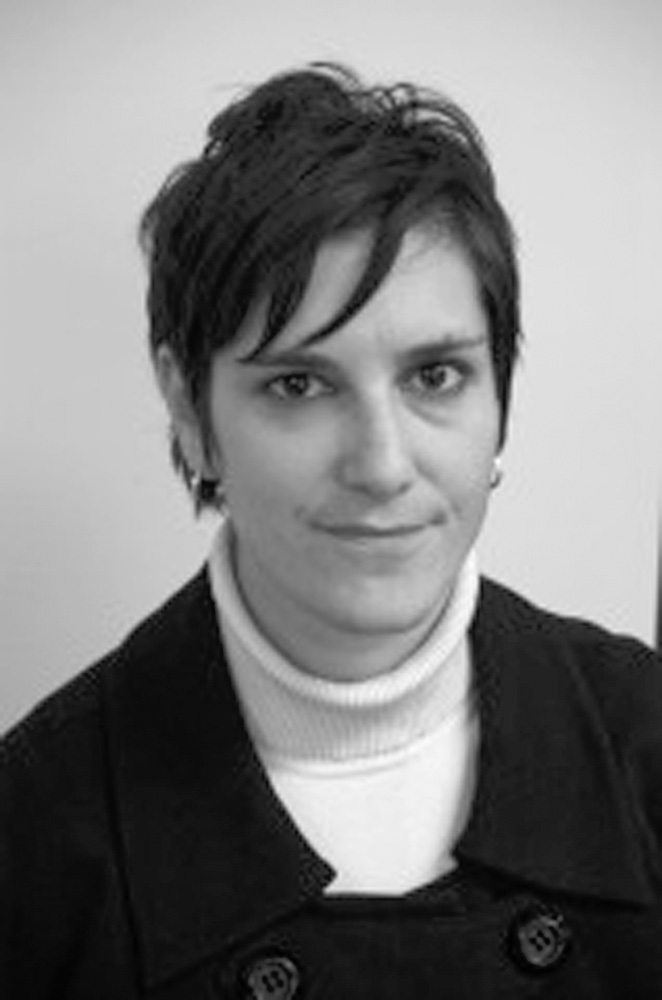When I walk into Assistant Professor of Political Science Jessica Green’s office in the basement of Mather House, I am greeted cordially and warmly by Green and the smell of freshly made hot herbal tea. Hired in August this year, Jessica Green comes to CWRU having recently finished her Ph.D. in Public Policy from Princeton University to teach Political Science.
Jacob Martin: So why did you come to CWRU?
Jessica Green: Umm, because I love the weather in northeast Ohio? (Laughs) I came to CWRU because
I’m really excited about the possibility of both being in a Political Science Department of a very high caliber, and being in an institution that is really thinking about its commitment to sustainability. Those were two big draws for me. Of course I’m delighted that there’s an active Law School and Business school and other social science departments that are thinking about both international relations and environmental issues.
JM: On that note, what do you think of the Green initiative here at CWRU?
JG: Well there’s a lot of stuff going on which is an exciting thing. The student groups are quite vibrant and active, and the University’s Climate and Action Plan is well underway. I can’t speak as to its outcome, because obviously it’s still being planned, but I was a part of that conversation and process. I think it’s an ambitious set of goals, which will definitely have an impact on the future workings of the University. There is also an active Sustainability Alliance, which is composed of faculty across the University working on these issues. The new wind turbine that’s up in front of Veale is also really exciting. I’m optimistic because there’s just a lot of momentum. But I can see, even in my short time being here, that that the momentum around sustainability issues is gathering.
JM: You received your Ph.D. from Princeton. What was the focus?
JG: It’s a Ph.D. in Public Policy. It was granted from the Woodrow Wilson School of Public and
International Affairs. Although I was in an interdisciplinary policy program, I was largely trained as a political scientist.
JM: Now you recently had an article published in Business and Politics titled “Private Standards in the
Climate Regime: The Greenhouse Gas Protocol” about two NGOs that were successful in creating standards for calculating and reporting greenhouse gas emissions at the firm level; what else have you published on that topic?
JG: Well I published a piece in the Journal of International Law and International Relations on the Clean Development Mechanism. It’s similar in that deals with climate change, but also the ways non-state actors are serving as de facto regulators of in the climate change regime.
JM: On Friday, Nov. 19, you gave a talk in Crawford Hall. What did you cover there?
JG: The talk was hosted by the Case Center for Policy Studies, and called “From Copenhagen to Cancun: The Future of the Climate Change Regime.” Basically, it was an overview of the existing how we got the international political institutions we have, why we have them, and how they are performing. I offered a critique of the Kyoto Protocol, and a discussion of how we can collectively move forward in regulating greenhouse gasses. The last negotiations around the climate change regime were in Copenhagen, and the next round is in Cancun.
JM: That’s where the title comes from?
JG: Right. So the last negotiations, which were held in Copenhagen, were largely perceived to be a failure. The next round, which starts in a few days, will be held is in Cancun. In both meetings, countries are trying to figure out what to do and the when the Kyoto Protocol expires in 2012. In the talk, I argued that we shouldn’t expect much in the way of diplomatic successes in Cancun.
JM: So where do you see yourself in the initiatives CWRU is taking?
JG: I think first and foremost as a contributing member of the Political Science Department, my role is to help round out our curriculum and have environmental issues as a part of that curriculum, so I’m teaching a class this semester, “The Politics and Policies Policy of Global Environment.” This is the first time CWRU has offered that class. The second would be to continue my participation in the Sustainability Alliance and the process of thinking about where Case as an institution wants to go in terms of sustainability. Together, we are asking questions like: what does that sustainability mean in terms of education, of the teaching, in terms of research? And, how does our commitment to sustainability affect the way that we interact with the community? We are in the process of having that conversation now which is really stimulating and exciting.
JM: What do you enjoy most about doing research on this topic?
JG: The question that I am fundamentally interested in is whether and how we can address global problems through means other than governmental action. For example, climate change is a very political issue. There is a lot of ill-will among countries, and so I am trying to think about whether there are ways out of this political gridlock that rely on non-state actors, rather than governments. It’s a fundamentally important issue: are there other, more expedient ways to deal with these issues?
JM: What do you want to get out of your experience at CWRU?
JG: I’m really excited to start my career here. In my limited time here I’ve been pleased and learned a lot from my colleagues in the department, and am excited about the broader ambitions of the University.
JM: Finally, do you have any advice for anyone that wants to get involved in working on environmental issues?
JG: Well on campus, certainly knock on the Student Sustainability Coalition’s door. Take a class: learning about the problems is the number one motivator to getting involved. Those are my two main suggestions, and don’t forget to vote!


